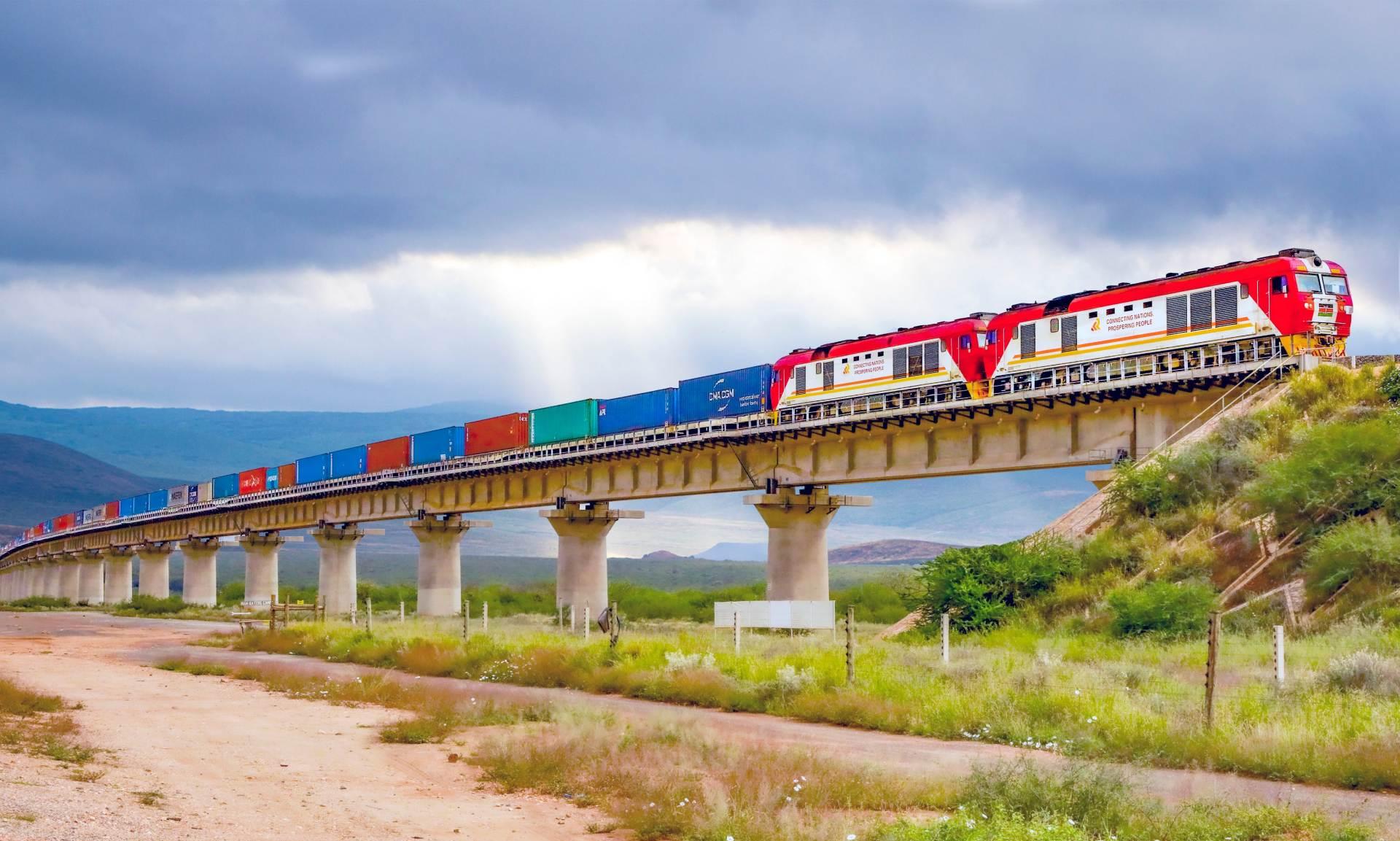US Tightens Asylum Policies: New Impact on Migrants and Travelers from Central America, Africa, and the Middle East
Saturday, May 17, 2025

The process of seeking asylum in the United States has long been an integral part of the nation’s immigration system, providing protection to individuals fleeing persecution, violence, and unsafe living conditions. However, recent changes in US immigration policy under both the Trump and Biden administrations have created a complex and uncertain environment for asylum seekers, particularly those arriving from countries such as Eritrea, Pakistan, Afghanistan, and several Latin American nations.
In 2025, the US government introduced further measures that have significantly impacted the asylum process, resulting in confusion, frustration, and delays for those seeking refuge. Among the most affected are migrants from countries like Russia, Guatemala, and Uzbekistan, who find themselves caught in a murky, ever-changing landscape with few clear rules or guidelines to navigate. For many, this has led to life-altering decisions and unexpected outcomes that have rippled across the travel and immigration industries, reshaping how migrants perceive and experience travel to the US.
Under President Donald Trump, the United States adopted increasingly stringent measures aimed at curbing illegal immigration, including suspending asylum procedures and tightening entry requirements. These actions were followed by sweeping executive orders designed to restrict asylum access for individuals seeking refuge in the country. This approach included border wall construction, a reduction in refugee intake, and an overhaul of the asylum system, which made it more difficult for individuals to apply for asylum once they arrived at the US border.
In January 2025, President Joe Biden took office, inheriting a complicated immigration situation. While Biden’s administration made efforts to ease some of the stricter policies implemented during Trump’s tenure, the asylum process remained under strain. In particular, the cancellation of scheduled asylum interviews and the restriction of interviews for certain applicants contributed to an environment of confusion and uncertainty for those seeking refuge. Migrants who had diligently followed the prescribed process found themselves facing delays and rejections, with little clarity on how to move forward.
One particularly striking case involved a Russian family who had followed the necessary steps to apply for asylum in the US. They had traveled to Mexico, waited months to schedule an asylum interview, and then received the devastating news that their interview had been canceled. Despite their attempts to follow the rules, the family was denied the opportunity to make their case before US authorities and was instead deported to Costa Rica. For many, this experience highlights the difficulties faced by asylum seekers, who are often left in limbo with little recourse.
The asylum process in the US is often fraught with legal complexities and practical barriers. Applicants must provide evidence of their persecution or fear of harm in their home country, demonstrating that they meet the criteria under US immigration law. However, as the system has become increasingly restrictive, many asylum seekers are denied this opportunity. For some, even minor mistakes or misunderstandings in their application process can lead to significant setbacks, including deportation or prolonged detention.
Attorneys working with asylum seekers report that the process has become increasingly difficult to navigate. Many lawyers are unsure how to proceed with cases, as the rules governing asylum applications are continually evolving. This uncertainty is compounded by the fact that applicants often face long waits for hearings, during which time they remain in detention or limbo, unable to work or support their families.
For the travel industry, these barriers have far-reaching implications. The uncertainty surrounding the US asylum process affects not only the migrants themselves but also their ability to travel and plan future moves. Travelers who plan to cross borders to seek asylum must now factor in the potential for delays, rejection, and the high costs of legal representation or alternative accommodations.
The emotional and practical toll of the asylum process is profound for many migrants. The Russian family’s story, where they had to follow all the prescribed steps but were still rejected, reflects a broader sense of frustration felt by many in similar situations. For these individuals, seeking asylum was not just about gaining entry to the US but about ensuring their safety and the safety of their families. The inability to present their case to US officials has left many asylum seekers feeling betrayed, confused, and uncertain about their future.
One Russian asylum seeker expressed his despair at the situation, stating that he felt like he had failed his family. He had followed the process meticulously, only to find himself stranded in Costa Rica with no clear path forward. This emotional distress highlights the psychological toll that such immigration policies can have on families who are already fleeing hardship.
The uncertainty surrounding asylum claims also means that migrants face an uphill battle in rebuilding their lives. They are often left in a state of limbo, unsure of where they will be allowed to go next or how long they will be detained. This instability not only impacts the individual asylum seeker but also their families and communities.
The shift in US asylum policies has significant implications for global travel patterns. As countries increasingly tighten immigration policies, travelers—particularly those seeking refuge—are forced to navigate a complex web of regulations. This trend reflects a broader shift in global immigration practices, where many nations have moved to restrict or delay the entry of asylum seekers, often citing security concerns or economic strain.
For travelers from conflict-ridden regions or countries with repressive governments, the US has historically been seen as a beacon of hope—a place where they could seek safety and a better life. However, as the asylum process becomes more difficult and unpredictable, many individuals are turning to alternative countries for refuge. This shift in migratory patterns is creating challenges for the travel industry, which must adapt to the changing landscape of international migration.
For travel providers and agencies, this means that they must remain up-to-date on the latest immigration rules and ensure that their clients have accurate information about visa requirements, asylum processes, and potential delays. In regions like Central America, Africa, and the Middle East, where migration to the US has been a common route for asylum seekers, these new policies may push more migrants toward other destinations, changing the dynamics of international travel flows.
The ripple effect of the changes to US asylum policies is being felt globally. As one of the most important immigration destinations, the US’s policies set a precedent for other countries, which may introduce similar measures in response to growing concerns about immigration and border control. This trend may lead to more restrictive policies in other Western countries, which could further limit asylum seekers’ access to safety and security.
The changes also highlight the growing importance of communication between governments, international organizations, and the travel industry to support migrants and facilitate smoother migration processes. The travel and tourism industries may need to adjust by providing more comprehensive support services to travelers facing challenges in obtaining visas, navigating asylum processes, or dealing with deportation issues.
International organizations such as the United Nations High Commissioner for Refugees (UNHCR) and the International Organization for Migration (IOM) continue to play a critical role in advocating for migrant rights and working to ensure that asylum seekers have access to fair and transparent processes. These organizations are working with governments around the world to provide legal assistance, humanitarian aid, and support services to those in need.
For the travel industry, collaboration with these organizations can provide crucial resources for travelers navigating the asylum process. Travel agencies, airlines, and other service providers can benefit from partnering with international organizations to ensure they are providing accurate and up-to-date information on asylum policies, entry requirements, and humanitarian support.
As the situation continues to evolve, many are left wondering what the future holds for asylum seekers and international migration. The political landscape surrounding immigration policies is constantly shifting, and the current state of affairs may change as new administrations take office, new international agreements are reached, and migration trends shift in response to global events.
The global travel industry, for its part, will need to be prepared for these changes, ensuring that travelers, including migrants, are supported through increasingly complex immigration processes. This will require coordination between governments, international organizations, and travel service providers to ensure that migration remains humane, orderly, and fair.
The ongoing challenges faced by asylum seekers, particularly those at the US border, highlight the complex and often fraught nature of international migration. For travelers, especially those from conflict zones or politically unstable regions, the shifting landscape of asylum policies represents both an obstacle and an opportunity. The travel industry must remain adaptable in navigating these challenges, offering support and guidance to travelers who may face delays, denials, or uncertainty in their migration journeys.
As the global travel and immigration environment evolves, ensuring that asylum seekers are treated with dignity and respect while maintaining security will remain a critical issue. The travel industry, governments, and international organizations will play key roles in shaping the future of migration, ensuring that those who seek refuge can do so in a safe, efficient, and humane manner.







